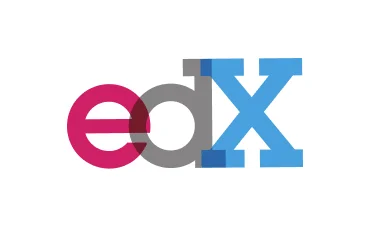When you enroll through our links, we may earn a small commission—at no extra cost to you. This helps keep our platform free and inspires us to add more value.

IMFx: VITARA - Institutional Governance
This course introduces the internal and external governance frameworks for tax administrations. It covers topics such as the principles of accountability and transparency, governance safeguards, external oversight, internal controls, governance responsibilities for senior leaders in a tax administration as well as organizational considerations in the development and implementation of the governance framework.

This Course Includes
 edx
edx 0 (0 reviews )
0 (0 reviews ) 1 weeks at 3-6 hours per week
1 weeks at 3-6 hours per week english
english Online - Self Paced
Online - Self Paced course
course IMFx
IMFx
About IMFx: VITARA - Institutional Governance
This course introduces the internal and external governance frameworks for tax administrations. It covers topics such as the principles of accountability and transparency, governance safeguards, external oversight, internal controls, governance responsibilities for senior leaders in a tax administration as well as organizational considerations in the development and implementation of the governance framework.
This course is a joint initiative of four international organizations: Inter-American Center of Tax Administrations (CIAT), Intra-European Organisation of Tax Administrations (IOTA), International Monetary Fund (IMF), and Organisation for Economic Co-operation and Development (OECD).
What You Will Learn?
- Describe what is meant by institutional governance in tax administration and the key internal and external dimensions of governance..
- Recognize how the principles of accountability and transparency influence the design of tax administration frameworks for addressing governance vulnerabilities..
- Describe key components that make up the institutional settings of a tax administration. .
- Recognize the governance safeguards that allow a tax administration to be effective, impartial and not subject to political interference..
- Explain the importance of external oversight and the mechanisms for ensuring that community confidence in the tax system is maintained..
- Understand the essential elements of an internal governance framework for a tax administration..
- Identify the internal governance responsibilities of executives and managers in a tax administration..
- Describe key organizational considerations in the development and implementation of an internal governance framework..
- Describe the various kinds of risks that a tax administration may be required to anticipate and prepare to manage..
- Explain why a system of internal controls is important in a tax administration..